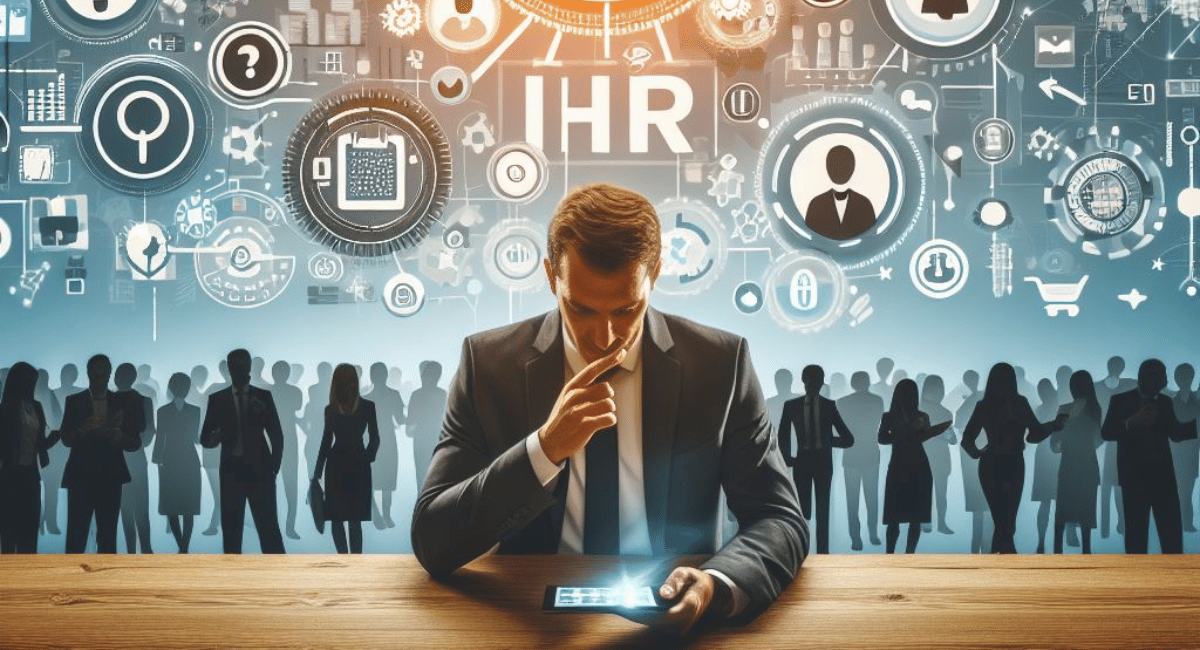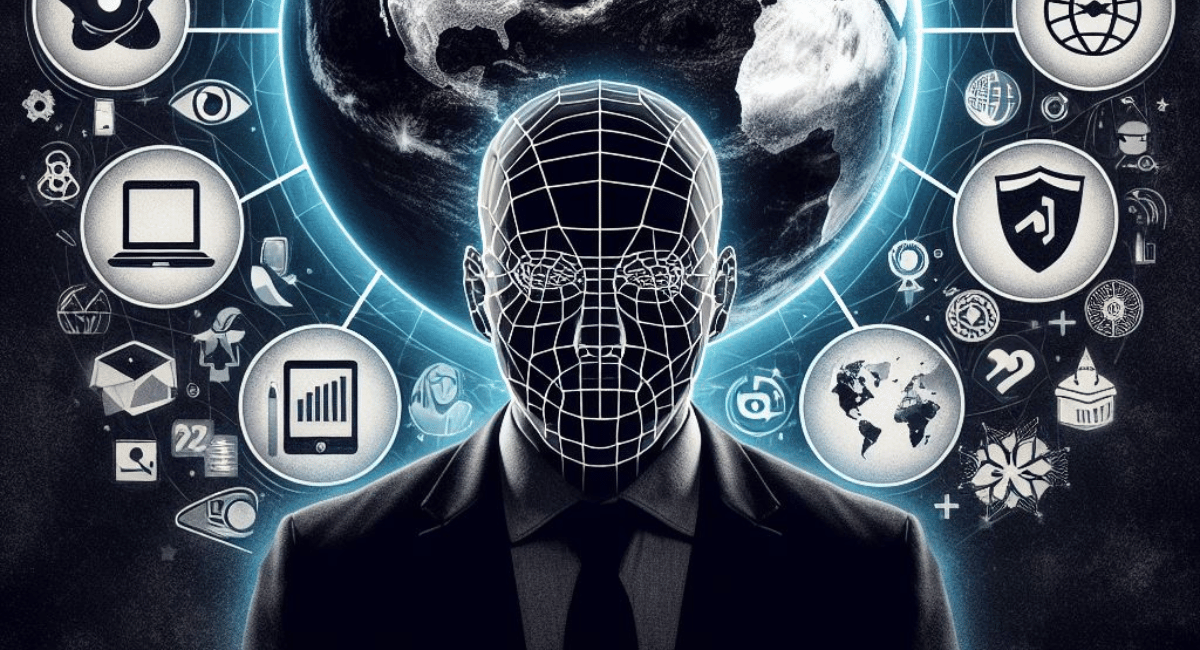With the advent of smart phones and social media, the world has become increasingly small place. If an ordinary person has a strong opinion, you can be sure that his or her opinion would be heard by the general public via facebook, twitter or Google plus. Consequently, the use of social media has spread like wildfire. Young adults, be it in college or at work, can’t resist not checking their facebook and or twitter feed. In fact, many have shared a lot of private details about their personal lives, forcing them to lockdown their social networks on their smart phones using some sort of social media vault.
Moving back to the original subject matter, HR departments in many organizations have become hesitant when it comes to using social media at the workplace. Companies are mostly worried about employees saying bad things about their employer. Consequently, HR departments across companies both large and small are scrambling to develop policies on what employee can say or cannot say on social media. However, labor law as dictated by NLRA provide full protection to employees who prefer to discuss working condition, pay or working hours over social media, so employees who are reprimanded for such talks cannot be punished. In a nutshell, employers don’t have the right enforce what employees say on the internet about their employers. However, there are few things that employees and employers need to keep in mind, as saying some things can land you into trouble.
Employee Harassment
Directors and managers need to understand that discrimination against lower level employees can backfire severely. Any Employee who has been discriminated against on social media can seek the help of various anti-discrimination laws especially the civil rights act of 1964 to sue the employer and even the managers involved under certain circumstances.
Intellectual property
Departing employee or angry ones for that matter, cannot disclose company secrets, be it trade secrets or financial information. Sharing such information can be treated as theft of information and a breach of your employment contract.
Employee personal information:</strong>
Personal information about employee, such social security number, addresses, sexual orientation, marital status or their medical history shouldn’t be discussed on social media.
Employees checking in:
Employers can potentially use employee social media use against them in certain circumstances. Say for example an employee called in sick that day, and an hour later, that employee updates his or her status message ‘having a great time at Lake Forest Brunswick Bowling Lanes’. That status message can be held against the employee, costing him/her their job.
How Does Social Media Affect HR?

Social media has had a major impact on HR, as it has changed the way employers and employees interact and communicate. Social media has allowed employers to easily access a large pool of potential candidates, and to quickly and easily disseminate information about job openings, company culture, and other HR-related topics. Additionally, it has allowed employers to monitor employee performance and engagement, and to quickly respond to any issues that may arise. Social media has also allowed employers to quickly and easily provide feedback to employees.
Trends Impacting HR Today
1. The Rise of Automation: Automation is becoming increasingly prevalent in HR, allowing for the efficient and cost-effective management of large-scale processes. Automation can be used to streamline recruitment, onboarding, performance management, and other HR-related tasks.
2. The Emergence of Artificial Intelligence: Artificial Intelligence (AI) is becoming more commonplace in HR, allowing for more accurate decision-making and predictive analytics. AI can be used to identify and assess talent,
Ethical Issues With HR
The ethical issues with HR include:
1. Privacy: HR processes often involve collecting and storing personal information about employees, which can lead to potential privacy violations.
2. Discrimination: AI and automation can lead to potential discrimination based on race, gender, and other factors.
3. Workplace Harassment: HR processes must be designed to protect employees from workplace harassment and ensure a safe and respectful work environment.
4. Unfair Treatment
Major Issues Of HR
The major issues in HR include:
1. Recruiting and Retention: Finding and keeping the right employees is a major challenge for HR departments.
2. Training and Development: Ensuring employees have the right skills and knowledge to do their jobs is essential for success.
3. Compensation and Benefits: Creating competitive compensation and benefits packages that attract and retain the best talent is essential.
4. Employee Relations: Building strong relationships between management and employees is essential for a productive workplace.
Negative Effects Of Social Media In Workplace
1. Distraction: Social media can be a major distraction from work, leading to decreased productivity and morale.
2. Security Risks: Social media can be a source of security risks, including data breaches, phishing attacks, and cyberbullying.
3. Unprofessionalism: Social media can be used to share inappropriate or unprofessional content that reflects poorly on the company.
4. Discrimination: Social media can be used to spread discriminatory or offensive content that can create a hostile
Most Important Social Trends Affecting HR Today
1. Remote Work: The pandemic has accelerated the transition to remote work, which is now commonplace in many organizations. HR professionals must ensure that remote workers remain productive, engaged, and connected to the organization.
2. Diversity and Inclusion: Companies are increasingly prioritizing diversity and inclusion initiatives to create a more equitable and inclusive workplace. HR professionals must understand the importance of these initiatives and be able to effectively implement them.
Key Challenges For Modern HRM
1. Attracting and Retaining Talent: As competition for talent increases, HR professionals need to be able to identify and attract the right talent for their organization.
2. Employee Engagement: HR professionals must be able to engage employees and foster a positive work environment.
3. Change Management: With the ever-changing business environment, HR professionals must be able to effectively manage change and ensure that employees are prepared for the future.
Negative Things Social Media Does

1. Spreads misinformation: Social media can be a source of false information and can spread quickly, making it difficult to verify the accuracy of the information.
2. Facilitates cyberbullying: Social media can be used to spread malicious rumors and to harass or intimidate people.
3. Creates a false sense of connection: Social media can create a false sense of connection and community, leading to feelings of loneliness and isolation.
4. Encourages comparison and competition: Social
Negative Effects Of Excessive Social Media Use
1. Addiction: Excessive social media use can lead to an addiction, which can have a negative impact on mental health.
2. Distractions: Social media can be a major distraction from important tasks and can lead to procrastination.
3. Loss of Privacy: Excessive social media use can lead to a loss of privacy, as personal information is shared with a wide audience.
